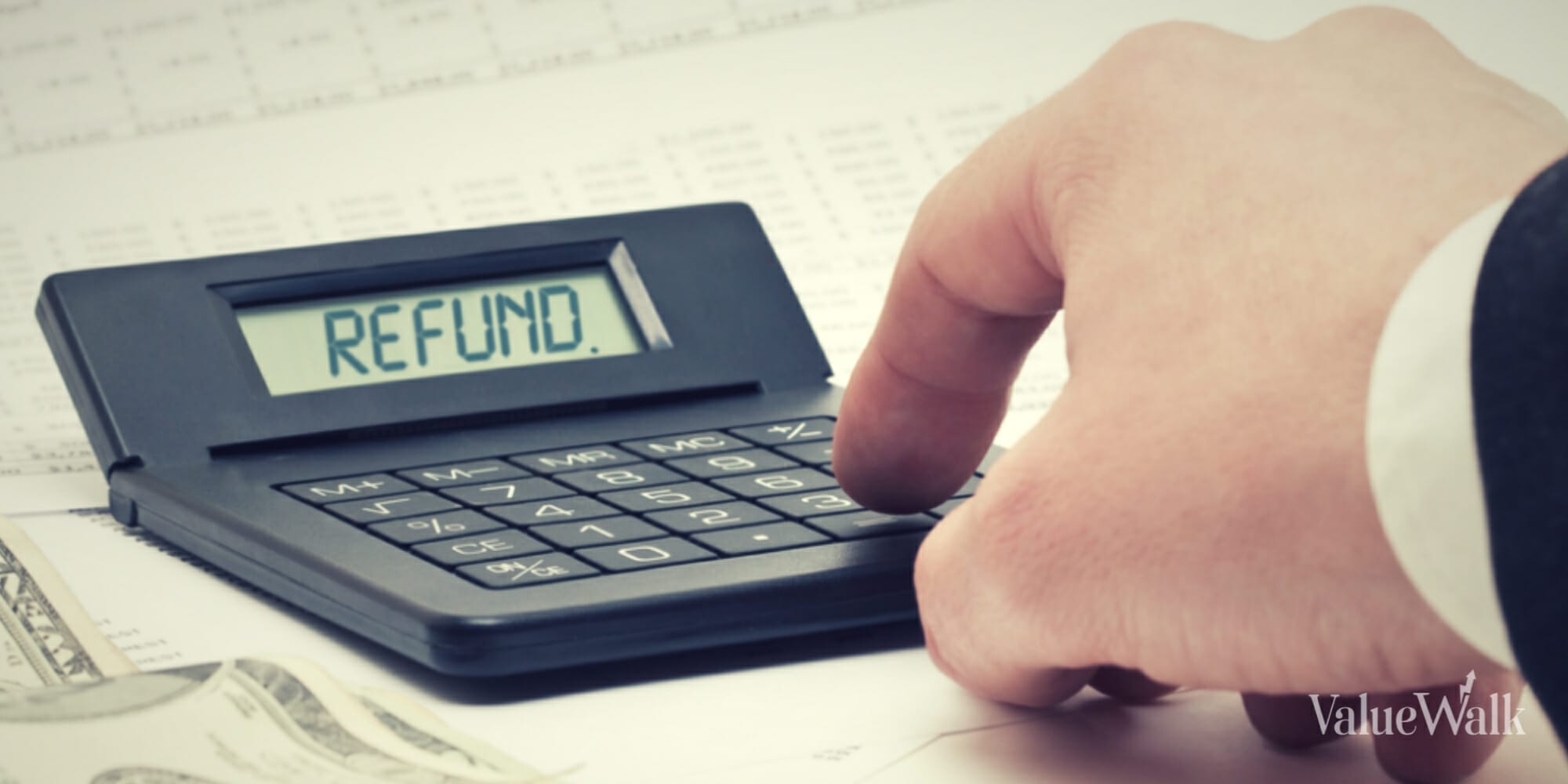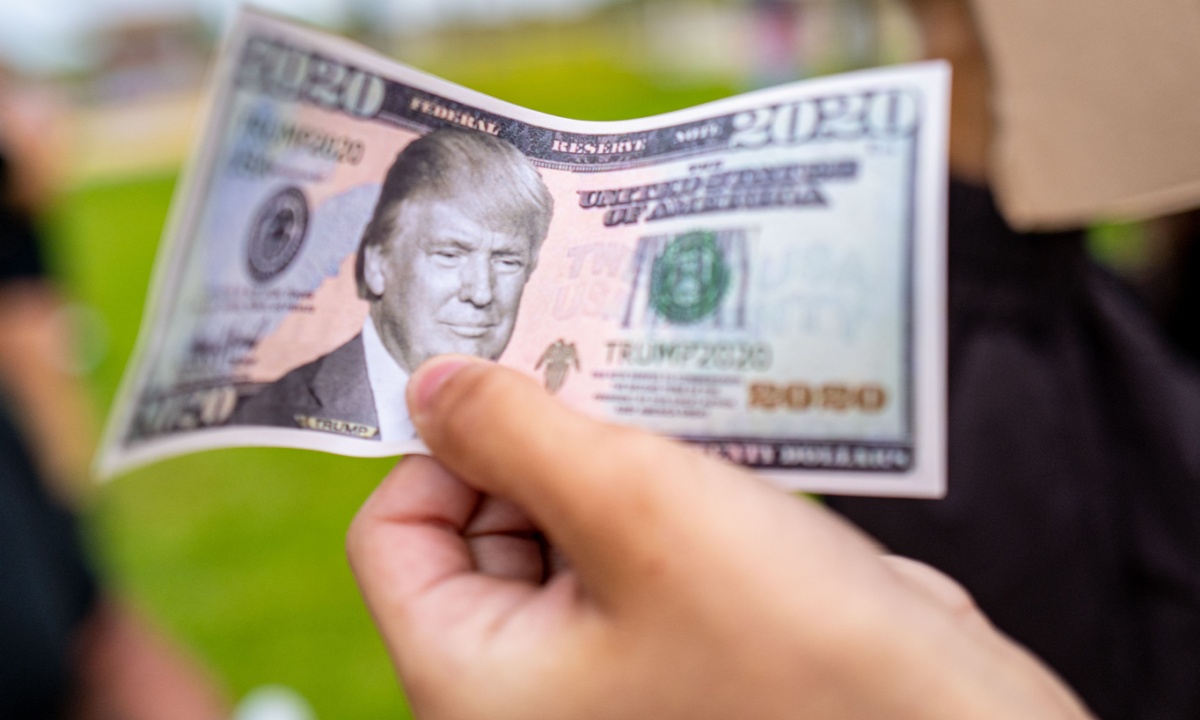Trouble Ahead: What’s Next For The Chinese Economy? by Knowledge@Wharton
Minyuan Zhao and Barry Naughton on Troubles Facing the Chinese Economy
Chinese economy continues its decline, as reports earlier this week revealed that exports had their biggest monthly drop since May 2009. That fall underscores the Chinese government’s announcement last week lowering its economic growth target for 2016 to between 6.5% and 7%, compared with 6.9% last year. Last week, ratings agency Moody’s also said it has lowered its outlook for Chinese government bonds from “stable” to “negative.”
Against that backdrop, China is preparing for millions of layoffs in the steel and coal sectors, while a potential real estate bubble looms. What Beijing could do to manage the fallout and help entrepreneurial activity pick up some of the slack in the economy are open questions, according to experts.
In February, China’s exports fell 25.4% compared to those of a year ago, while imports fell 13.8% over the same period. “[That is] just another sign that the downward forces are substantial in the Chinese economy,” said Barry Naughton, chair of Chinese International Affairs at the School of Global Policy & Strategy at the University of California, San Diego.
“Over the next six months to a year, things will get worse,” said Naughton. He pointed to two factors driving that scenario. One is a set of “structural elements” that are pushing down the Chinese economy’s growth rate. The other is the government’s new approach with supply-side reforms with the downsizing of production capacities that will see the first round of massive layoffs in the steel and coal industries. “The fact that the economy is slowing is going to be brought more personally home to more consumers,” he added. “That will mean a more difficult and more troubled part of the economic transition that we have seen so far.”
Between three and five million people will be laid off over the next two to three years in China, said Naughton. In the short run, 1.3 million people in the coal industry and half a million people in the steel industry will lose their jobs, he added.
“The layoffs are painful, but it is a short-term pain for better efficiency in the market.” –Minyuan Zhao
“The problem is that the layoffs are combined with uncertainty,” said Wharton management professor Minyuan Zhao. “That will reduce a lot of the incentives people may have to take themselves out [of economic decline].” She recalled that the automobile capital of Detroit in Michigan went through several rounds of massive job losses, but eventually rebounded. “If you look at the history of countries, every economy has gone through that kind of period once in a while.”
Zhao and Naughton discussed the outlook for the Chinese economy on the Knowledge@Wharton show on Wharton Business Radio on SiriusXM channel 111. (Listen to the podcast at the top of this page.)
Is the entrepreneurial class in China ready to pick up the economic slack in the country? “If there is a well-defined future, I believe in the entrepreneurship of the Chinese people, and there are ways they can get themselves out,” said Zhao. “Yes, the layoffs are painful, but it is a short-term pain for better efficiency in the market.” She noted that the Chinese government has for long encouraged entrepreneurial activity — “partly because that is a bright spot [in the economy] and partly because it eases the burden on employment.”
The outlook for entrepreneurship in China is mixed, according to Naughton. He said that several sectors have strong growth potential, including online finance, where he noted that China is already ahead of the U.S. He acknowledged that the Chinese people are “tremendously entrepreneurial,” and many sectors in the country hold significant growth potential.
“The Chinese government says all the right things about structural change, but doesn’t say all the right things about entrepreneurial freedom.” –Barry Naughton
“[However,] the last year hasn’t been great in terms of seeing those people putting their shoulder to the wheel to start up new businesses and shift the structure of the economy,” Naughton said. He blamed politics for some of that underwhelming entrepreneurial activity. “The Chinese government says all the right things about structural change, but doesn’t say all the right things about entrepreneurial freedom,” he added.
Notwithstanding its bright spots, the Chinese economy “is still struggling with the difficulty of adjusting to a slower growth rate,” said Naughton. He noted that countries that are in the midst of structural transformations tend to make mistakes in policy decisions, citing Japan and Korea as examples of that. “China has made its share of mistakes in the past few years with many policy missteps,” he added. Zhao agreed with Naughton.
Managing the Pain
Zhao noted that the legitimacy of the Chinese regime is based on stability and economic growth. “The government is nervous about any social instability coming out of unemployment,” she said. The Chinese government will also be watchful about what is said on social media, she added.
In order to contain any negative fallout of the job layoffs, Beijing may resort to quick-fix measures, according to Zhao. “They will in the short-term prop up some of the economic activity that may not make sense in the long run just because they want to avoid any social unrest that may occur,” she said. “That may make things worse, if these short-term policies come in the way of long-term transition.”
In attempting to ease the pain from layoffs, Naughton said he expected the Chinese government to also loosen monetary and fiscal policy to some extent. “They recognize that [such] restructuring can be painful and they need a little bit more stimulus.” He added that market watchers view those measures as “a short-term positive.”
Real Estate Bubble Forming?
Another big long-term worry for China stems from its overhang of real estate that is built out but unoccupied, said Naughton. It helps that of late, real estate prices have stabilized and risen a bit in the big cities including Beijing and Shanghai, he added.
There are “increasing signs of a bubble. [People] are using higher leverage. The down payment requirement is lower, [and] scrutiny is lower.” –Minyuan Zhao
But Zhao pointed out that those higher prices are a result of people financing their home purchases with more borrowings. There are “increasing signs of a bubble,” she said. “[People] are using higher leverage. The down payment requirement is lower, [and] scrutiny is lower. If you look at the policies rolled out to boost the market, they have every sign of what we saw in the U.S. between 2003 and 2006 [that eventually fed the subprime housing crisis that followed]. It is controversial whether that upward movement of housing prices — given the glut we see — is a healthy sign.”
Naughton agreed with Zhao, and said that in every sector in China, credit has increased 8% to 10% faster than GDP every year since 2009. “Eventually, there has got to be either a crisis or a much more aggressive debt restructuring program,” he warned.
Tech Giant Dreams
Naughton noted that China’s large investments in high technology industries may produce some successes over the next two decades. “But the question is: Are those successes going to be commensurate with the amount of money they are pouring into those sectors? Enormous amounts of money have gone into electric vehicles with relatively meager returns.”
The Chinese government has similarly made large investments in other sectors as well, but kept much of that activity secret, he added. In his view, those large investments to make China a technology powerhouse could turn out to be “a gigantic waste.”












